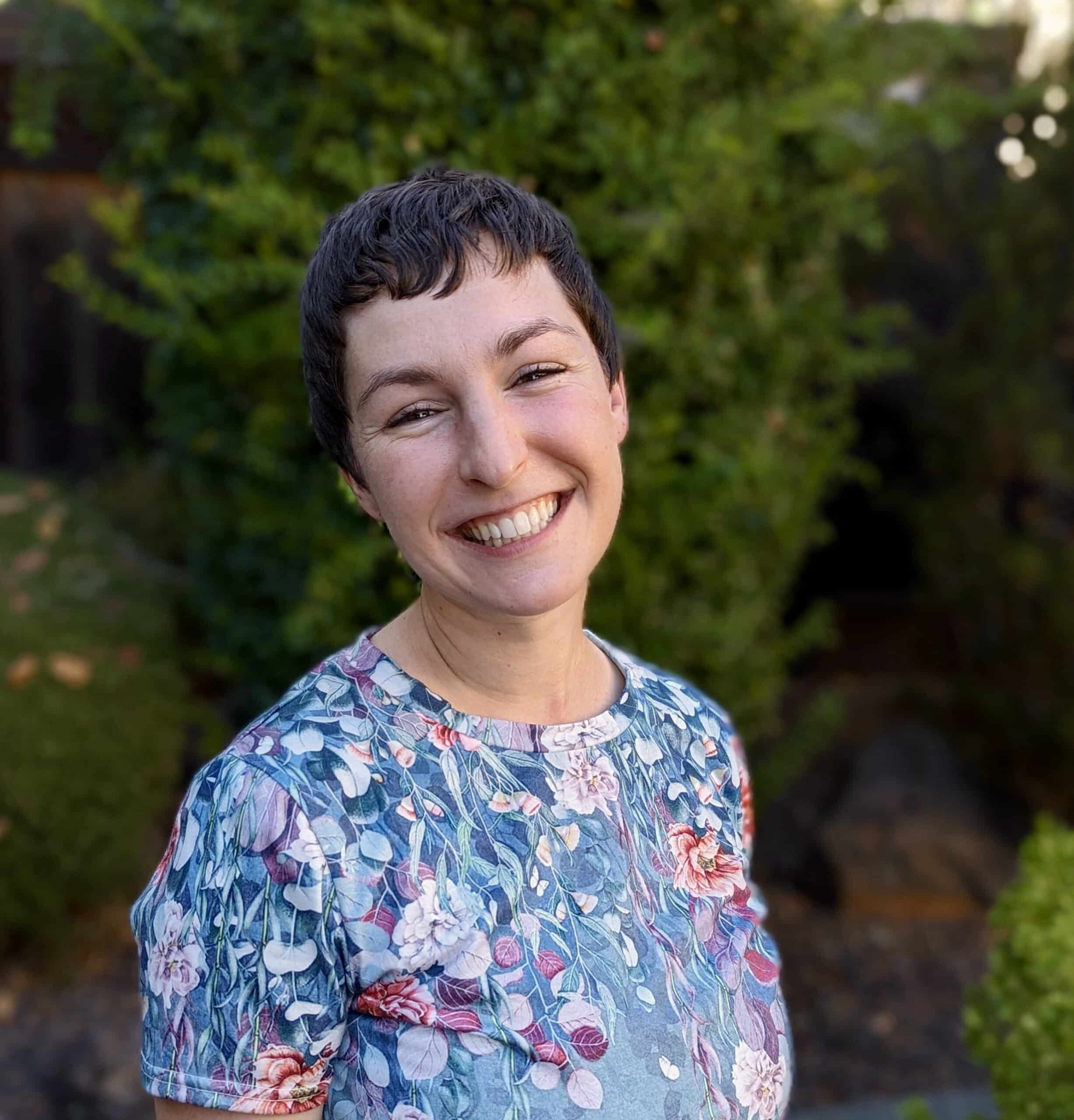A form of psychological treatment, cognitive behavioral therapy (CBT) has been shown to be effective when aiming to treat a wide range of mental health and substance use disorders. Numerous studies show that a CBT behavioral therapy program can improve functioning and quality of life among those living with complex disorders.
Whether you or your loved one are in need of treatment, here is how a CBT treatment center can support your road to recovery.
Cognitive-behavioral therapy is a short-term form of psychotherapy. The core goal of a CBT behavioral program is to help people develop skills and coping strategies that allow them to live a more positive and healthy life. To do so, individuals must find new ways to behave by addressing their negative thought patterns.
Focusing on the ‘here-and-now” of everyday life, CBT therapy in Utah will allow you to identify, question, and change how your thoughts, attitudes, and beliefs relate to behavioral and/or emotional reactions — the type of reactions that create challenges in your life.
CBT is:
The core principles associated with CBT are as follows:
In summary, CBT therapy in Utah is an intensive, problem-oriented approach. Although this form of therapy focuses on the here and now, the ultimate goal of CBT therapy in Utah is to provide people with the long-term skills they require to remain healthy for many years to come. As you embark on your road to recovery, you will learn to identify, question, and change the thoughts and beliefs that lead to problematic reactions.
There has been a lot of research conducted on CBT Utah therapy and its overall effectiveness. As stated in this 2018 review, cognitive behavioral therapy is the current gold standard of psychotherapy. Although the evidence indicates that CBT therapy in Utah is particularly effective in treating anxiety and depression, it can also be used to treat a wide range of mental health and addiction-related conditions. From eating disorders to PTSD, substance use disorders to schizophrenia, CBT can help treat a long list of disorders.
A 2015 study aimed to determine whether a CBT program reduced the incidence of depressive episodes six years after implementation. Following eight weekly 90-minute sessions, as well as six-monthly continuation sessions, it was found that those assigned to the experimental group had a lower incidence of depression at the 75-month follow-up. Shown to benefit those suffering from anxiety disorders, substance use disorders, and many other conditions, CBT is often a critical component of inpatient programs.
CBT has been shown to be effective for people of all ages, ranging from early childhood to the elderly, as well as people from varying backgrounds and income levels. It has also been shown to be effective when used in both individual and group therapy formats. While each individual’s treatment plan will be unique to them, both formats are typically offered in order to enhance recovery.
In summary, CBT is known for its quick, yet long-lasting results. Known to address a wide range of conditions, CBT programs are engaging and centered on the idea that your thoughts and emotions are the driving force behind the way you feel and behave. For best results, CBT should be combined with other beneficial treatment and therapy options, focusing on your unique needs.
To benefit from CBT, you must first seek a licensed CBT therapist.
Although the average number of visits is anywhere between 10 and 20, the length of your treatment plan will depend on the severity and complexity of your symptoms and overall condition. Some individuals significantly improve following four to six sessions, whereas others require more than 20 sessions to experience a true breakthrough.
There are numerous techniques and tools involved in cognitive behavioral therapy. Just some of these methods include:
Unlike some forms of therapy, which focus on your past, CBT addresses your present thoughts and beliefs. In doing so, CBT emphasizes the need to identify, challenge, and change the way you see the world. As you become more aware of the thought patterns that create your reality, you can alter distorted views and negative perceptions.
For example, as you work with a licensed therapist, you will learn to identify distortions in the way you think. As you learn to take a step back and consider situations from different viewpoints, you will be able to react in a more positive manner. In turn, this will help you reduce symptoms of anxiety, depression, or another mental health condition.
At Corner Canyon Health Centers, we offer a professional, supportive environment. After all, we understand that in order for CBT to be effective, you must be open and willing to discuss your beliefs, thoughts, and behaviors. We have created an environment that is safe and free of judgment, allowing you to work towards the best possible version of yourself.
While we offer CBT and other highly effective treatment options, we also continue to invest in the latest and most innovative treatment strategies. From DNA testing to Neuro Enhancement Brain Technology, our unique programs are evidence-based and intended to help you reach your goals. Whether you’re suffering from trauma, depression, addiction, or any other condition, we’re here to help.
Freedom is just one call or click away. Please contact us to learn more about our CBT treatment center and behavioral therapy program, as well as the other unique treatment programs available to you or your loved one.
© Copyright 2024 Corner Canyon™ | All Rights Reserved | Privacy Policy
